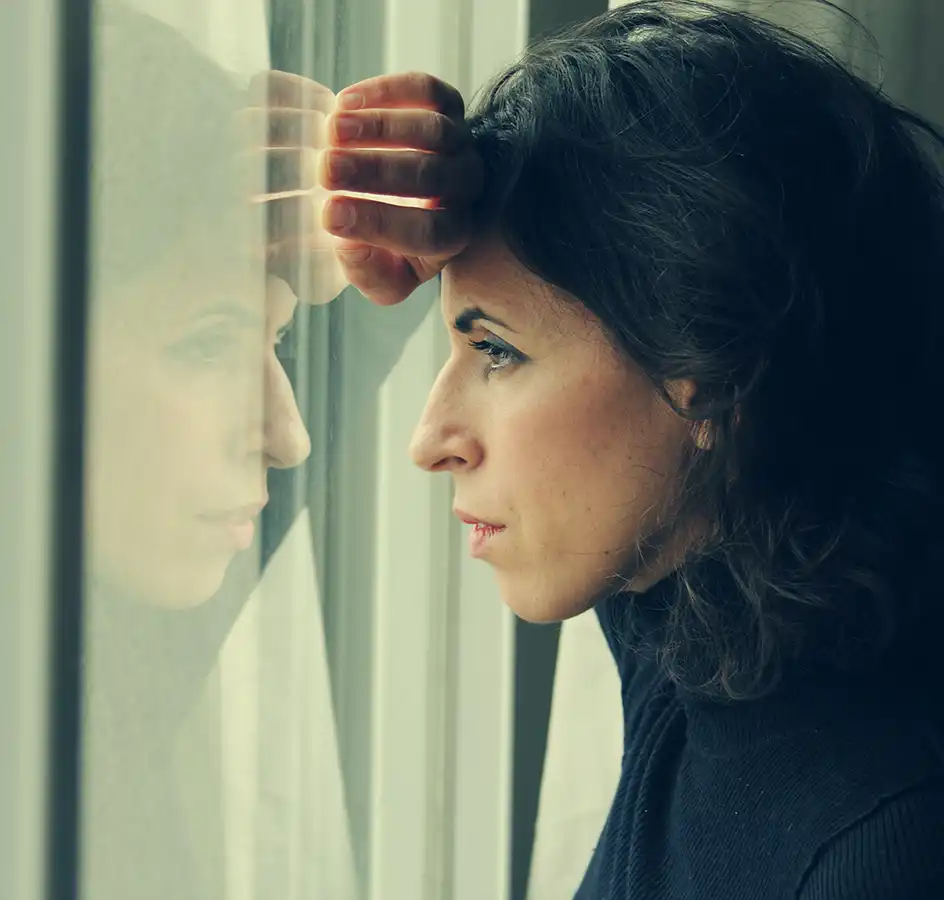Survivors of sexual abuse have the right to pursue justice through a civil lawsuit, even if the abuse occurred many years ago or during childhood. In institutional abuse cases, accountability goes beyond the individual perpetrator. It also extends to the organization that allowed the abuse to happen—whether through negligence, lack of oversight, or deliberate cover-up.
For many survivors, a civil case offers a chance to seek justice when the criminal system has failed them. Even if a criminal case ended without a conviction, or was never filed at all, survivors can still prevail in civil court. The goal is not only to secure compensation but also to expose institutional wrongdoing and ensure that future abuse is prevented.
Who Has the Right to File
Adults who were sexually abused within an institution, as well as survivors of childhood abuse, may have the right to bring claims—even if decades have passed. Legal reforms across the country have expanded or removed statutes of limitations, recognizing that trauma often delays disclosure.
In addition, parents, legal guardians, or estate representatives may file on behalf of minors, incapacitated survivors, or deceased victims in wrongful death cases. What gives someone standing is simple: if you were directly harmed—physically, emotionally, or both—by abuse that took place under the authority, care, or control of an institution, you may have the right to file a sexual abuse case.
Civil vs. Criminal Sexual Abuse Cases
It is important to understand the distinction between criminal and civil cases. Criminal prosecutions are brought by the state with the intent of punishing the offender, often through prison sentences. Civil sexual abuse lawsuits are survivor-driven. They focus on financial compensation, accountability, and institutional reform.
Even when a criminal case results in acquittal, or when no charges are filed, a survivor may still succeed in civil court. This is because the burden of proof is lower, allowing survivors to pursue justice even when the criminal system does not.
Who Can Be Held Accountable
In institutional sexual abuse cases, survivors often bring claims against both the abuser and the institution that enabled the abuse. Institutions that may be held accountable include schools, universities, churches, youth organizations, sports teams, detention centers, hospitals, treatment facilities, and employers.
Liability usually arises when institutions fail to protect those in their care. This can involve failing to properly screen or train staff, ignoring complaints or warning signs, concealing allegations to protect reputations, or allowing known offenders continued access to vulnerable individuals. Holding these institutions accountable sends a powerful message: negligence and silence will not shield abusers.
















